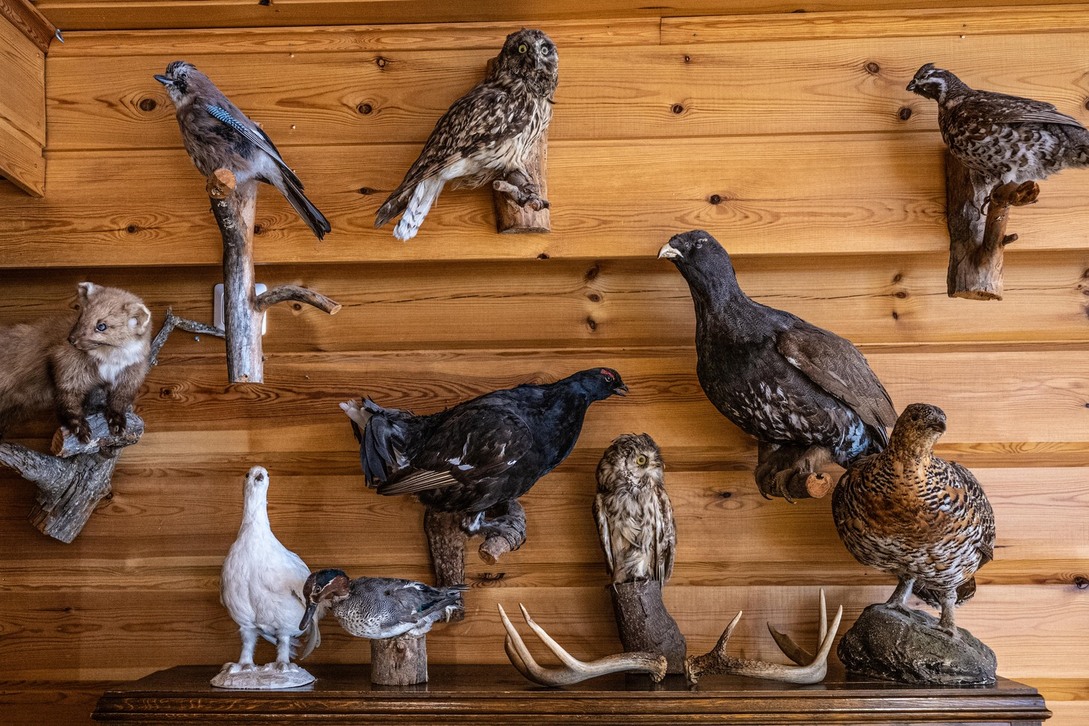после пасхи
девочка хмурится заспанным личиком,
девочка отколупывает ледок с куличика,
чтобы куличику не было холодно.
подо льдом — земля: рыхлая, волглая,
с усохшими виноградинами: взойдут – не взойдут?
станут ли древесными, кружевными?
девочка силится вспомнить имя —
как же его зовут?
вчера повторяли — воскресе, воскресе,
били в скорлупки, было весело.
день как будто вымыли с мылом,
птицы пели радостное и разное,
солнце не пряталось, солнце водило,
быстро искало карамель куполов
и карамельно в окна текло.
а сегодня пасмурно,
не ведут на улицу,
девочка хмурится —
и, русенькая, растрёпанная по-птичьи,
замечает скорлупку на мятой скатерти.
и думает:
осталось немного от праздника.
и придумывает:
если опустошить куличик —
получится напёрсток
для богоматери.
и сошьются зелёные платьица,
нежные платьица,
нужные платьица
для меня
и для его — нет, не помню.
для его виноградников.
After Easter
(translated from Russian by Sergey Gerasimov)
the girl’s delicate face frowns sleepily,
the girl picks icing off an Easter cake
so the cake feels warm.
The soil under the ice is mellow and damp,
with shrunken grapes inside:
are they going to sprout or not?
are they going to become lacy, tree-like?
the girl tries to recall the name –
what was it? what was his name?
just yesterday, they repeated, “has risen, has risen,”
knocked eggs, and it was fun,
the day was washed with soap and water,
the birds sang joyful and different things,
the sun didn’t hide, the sun led the game,
searched for the caramel of church cupolas,
flowed into the windows like caramel.
but it’s cloudy today,
the girl has to stay in,
the girl frowns –
and dark blond, tousled like a bird,
sees an eggshell on the crumpled table cloth,
she thinks,
something is left from the holiday,
she thinks, an Easter cake eaten from the inside
looks like a thimble for the Mother of God,
so she’ll sew little green dresses,
delicate dresses,
dresses for me,
and for him, what was his name?
and green dresses for his vineyards.
______________________________
Olga De
Review by Paul Pruitt
This poem is a successful interweaving of three mighty themes, all seen from the perspective of a child: First, Easter doings and Easter celebrations, mundane and familial. Also, the complexities of springtime and the change of seasons, presented by the agency of grape-seeds in the ground. And last, Jesus’ resurrection plus a reference to the Virgin Mary. For me, the magical power of the sun tied all of these together. Well done!
Review by Debra Kaufman
The language dwells in childlike perceptions: what is this, what is that? The rituals of religious observation, he has risen, and who is he again?, mixed with the daily soap and water, egg hiding, and birdsong. The girl’s way of making sense satisfies her as she creates her own vision of what this all means.
Review by Claire Scott
Wow. A really interesting poem. I love “what was his name?’ and how you repeated it in the last stanza. I really liked looking at Easter from the viewpoint of a little girl, who has no idea of the meaning, but we see the world through her eyes. The opening really sets up the poem. I can see the child, a bit tired from the day before, maybe alone in the kitchen. I like the theme of “rise” both Jesus and “shrunken grapes.” Will they rise? I think it should be “soap and water” not “soup and water.” Looks like a typo. The contrast between the joy of Easter and “it’s cloudy today,/the girl has to stay in” is great. I also like that we never really know who this child is. Only “the girl.” Maybe a child of the world. The last lines are blow away!!

